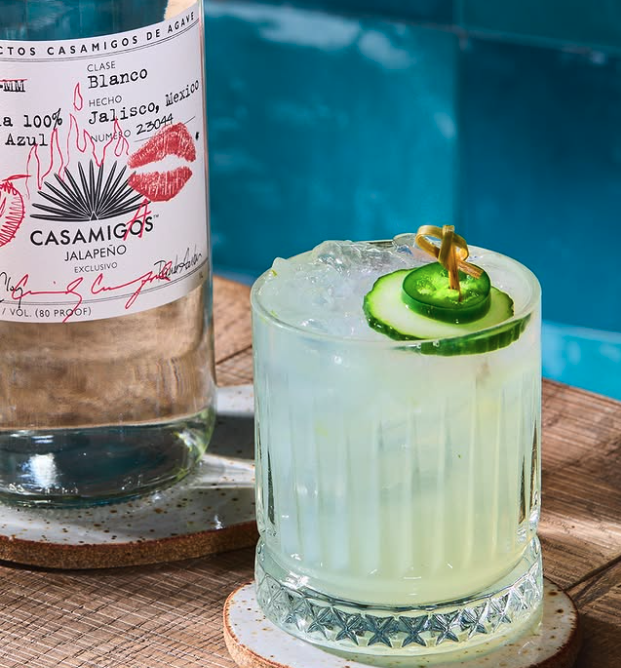Three plaintiffs have officially filed a lawsuit against Diageo, a global spirits giant with over 200 spirit brands under its portfolio. Plaintiffs Avi Pusateri, Chaim Mishulovin, and Sushi Tokyo Inc. allege Diageo adulterates tequila sold as containing 100% agave. The lawsuit was filed in the United States District Court Eastern District of New York and claims that major tequila producers colluded with the Tequila Regulatory Council (CRT) to manipulate agave supplies and prices, undermining small agave farmers who produce additive-free tequila, while flooding the market with sugar cane-alcohol adulterated spirits that are passed off as “premium.” It was first reported by Mezcalistas this morning.
These claims are shaking up the billion-dollar agave industry while simultaneously validating tequila transparency advocates, exposing systemic corruption, and sparking calls for reform.
The accusations center on claims that large tequila companies, including Diageo, mixed cane alcohol into products labeled as 100% agave tequila, violating regulations and deceiving consumers.

In January, Mezcalistas reported allegations from agave farmers that the CRT is profiting from illegal adulteration by allowing tequila brands to use their CRT permit to buy nonexistent agave fields, enabling the brands that intentionally use [cheaper] sugar cane alcohol instead of agave to cover their tracks. This practice has driven agave prices to historic lows, with farmers receiving as little as one peso per kilo, down from 32 pesos in 2016, devastating rural communities in Jalisco who depend on tequila production for their livelihoods
Adding context to this potential scandal, Tequila Matchmaker, a leading advocate for transparency, faced severe backlash for its “Additive-Free Alliance” initiative. Founders Grover and Scarlet Sanschagrin, who championed their own additive-free tequila certification, were accused by the CRT of adulterating spirits in the warehouse where they had the equipment to test their tequilas independently. In March 2024, federal authorities raided their Jalisco home, Casa Lotecito, claiming it was an “adulterated tequila factory.” No arrests were made, but the raid was widely seen as retaliation for disrupting the industry’s status quo and caused the couple to leave Mexico altogether.
The CRT’s accusations were ironic, given Tequila Matchmaker’s mission to expose how 70% of tequilas are made with undisclosed additives like vanillin and glycerin. Forced to leave Jalisco for their safety, the Sanschagrins relaunched their initiative as a Kentucky-based nonprofit, continuing their fight for transparency in the agave industry.
The implications of this lawsuit are significant. Casamigos Tequila—co-founded by George Clooney—has seen massive sales in the last decade. Casamigos, sold to Diageo for $1 billion in 2017, with its sleek branding and celebrity appeal fueling its popularity. Yet, this legal battle exposes the murky underbelly of celebrity-owned spirits, where fame often overshadows substance and oftentimes, one distillery private labels the same liquid under different endorsements. Critics argue that, like many star-backed brands, Clooney's tequila prioritizes hype over authenticity, potentially duping consumers with adulterated products while small agave farmers and family-owned brands suffer. This scandal could tarnish the glitz of Hollywood’s liquor ventures and expose the CRT.
The lawsuit against Diageo and the CRT’s alleged collusion highlights a broader struggle between corporate interests and traditional agave farmers. As Mezcalistas notes, agave farmers have protested in Tequila, Jalisco, demanding fair prices and ending monopolistic practices. The outcome of this case could reshape the tequila industry, with implications for global spirits markets.
L.A. TACO contacted Diageo for comment, and a spokesperson sent the following statement regarding the lawsuit: “These claims are meritless, and we plan to vigorously defend ourselves in court.”
This article was updated with the statement from Diageo.






